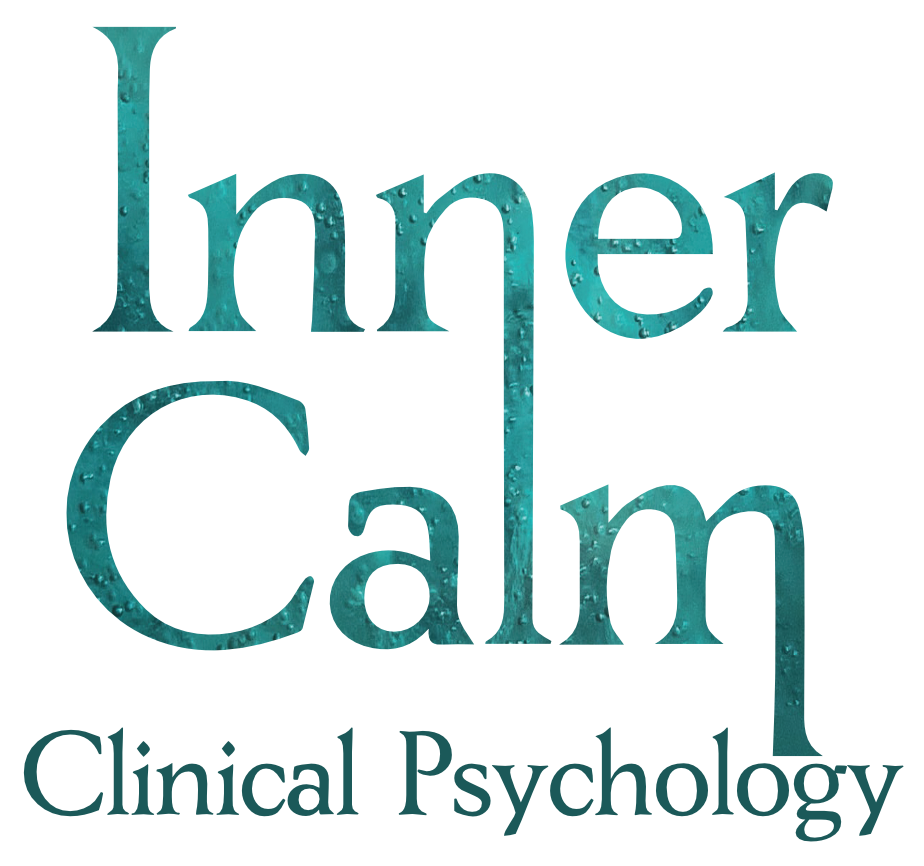By Sam Hillview-Close*
In recent years, a troubling trend has emerged in Australian workplaces - not always visible, but deeply felt. It’s called moral injury, and unlike burnout or stress, it strikes at the heart of our values, ethics, and sense of self.
What Is Moral Injury?
Moral injury is the deep emotional and psychological distress that occurs when someone feels they’ve betrayed - or been forced to betray - their core values, ethics, or sense of what’s right.
Unlike burnout, which is about exhaustion and overload, moral injury strikes at the conscience. It happens when people are put in situations where they must act in ways that conflict with their integrity - or when they witness or are complicit in wrongdoing they are powerless to stop. Often, it involves feeling let down or betrayed by those in positions of authority or trust.
In the workplace, this might look like being told to prioritise profits over safety, stay silent about misconduct, or ignore injustice to protect the organisation. Over time, these moral compromises can cause guilt, shame, anger, and a loss of meaning in work - and in oneself.
Causes of Workplace Moral Injury
Moral injuries don’t just happen in high-stakes professions. They’re becoming more common across sectors where ethics clash with economic pressures, power imbalances, or poor leadership. Some common triggers include:
- Being forced to act against one’s values (e.g. lying to clients, manipulating data, cutting corners on care or safety)
- Witnessing unethical or discriminatory behaviour and being powerless - or told not - to intervene
- Lack of support from leadership when raising concerns or ethical red flags
- Exploitation or coercion, especially when job security is used as leverage
- Being made the scapegoat for systemic failures
- Working under leaders who betray trust, such as through gaslighting, bullying, or dishonesty
The Role of Betrayal
At the heart of moral injury lies betrayal - often by an organisation, superior, or profession that a person once trusted. This betrayal fractures the psychological contract between employee and employer: the unwritten belief that “If I work with integrity and dedication, I’ll be treated with respect and fairness.”
When this bond is broken, it doesn’t just affect morale - it can lead to deep emotional and psychological wounds. People may question their self-worth, their profession, or even their identity.
Who Is Most at Risk?
Moral injury can affect anyone, but it tends to be more prevalent in industries where there are high emotional demands, ethical grey zones, or chronic under-resourcing. These include:
- Healthcare, social services and aged care: Understaffing, poor funding, and red tape can force workers to neglect the very people they’re trying to care for.
- Education: Teachers face increasing pressure to “teach to the test,” manage impossible workloads, and absorb the failures of a system that often under-resources vulnerable students.
- Law enforcement and military: Officers and soldiers may face conflicting duties, moral compromise, or institutional betrayal when ethical lines are crossed.
- Corporate and finance sectors: Whistleblowers, compliance officers, or anyone witnessing unethical business practices may find themselves at odds with leadership or silenced altogether.
The Impact on Wellbeing
Moral injury isn’t just “feeling bad about work.” It can manifest as:
- Chronic guilt or shame
- Anger and cynicism
- Social withdrawal
- Sleep disturbance
- Anxiety or depression
- Loss of meaning or purpose in work and life
Over time, it can lead to Post-Traumatic Stress Disorder (PTSD) type symptoms, substance use, relationship breakdowns, or complete disengagement from one’s career.
What Can Be Done?
Addressing moral injury takes more than 10 minutes of mindfulness each day or another company “resilience” workshop. It requires a cultural shift, starting with:
- Ethical leadership: Leaders who walk the talk, foster psychological safety, and are willing to listen and act when concerns are raised.
- Transparent systems: Processes that allow staff to report issues without fear of retaliation.
- Support and supervision: Reflective practice, trauma-informed care, and access to counselling or peer support.
- Policy reform: Especially in public-facing sectors, where chronic underfunding and unrealistic workloads put ethics under constant strain.
Fixing the Workplace
Moral injury is a wound to the soul - not caused by weakness, but by caring deeply in systems that sometimes don’t. As awareness grows, we must shift the narrative away from blaming individuals for “not coping” and look more closely at the environments we expect people to work in.
Because if doing the right thing feels like a liability, something is deeply broken - not in the worker, but in the workplace.
* Sam Hillview-Close is a former business executive, public health administrator, Board member, writer and blogger. Sam is also a proud neurodivergent individual.
| If this blog resonates with you and you want to talk to someone, feel welcome to contact us at Inner Calm Clinical Psychology. Remember you don't have to face it alone. When you're ready, we're here to help. |

